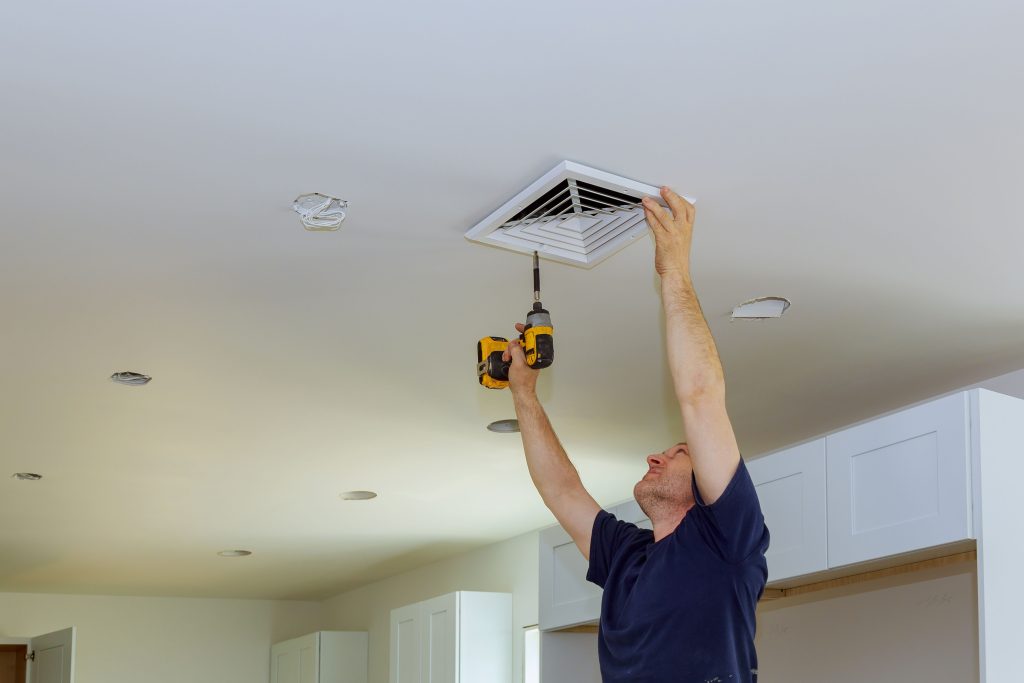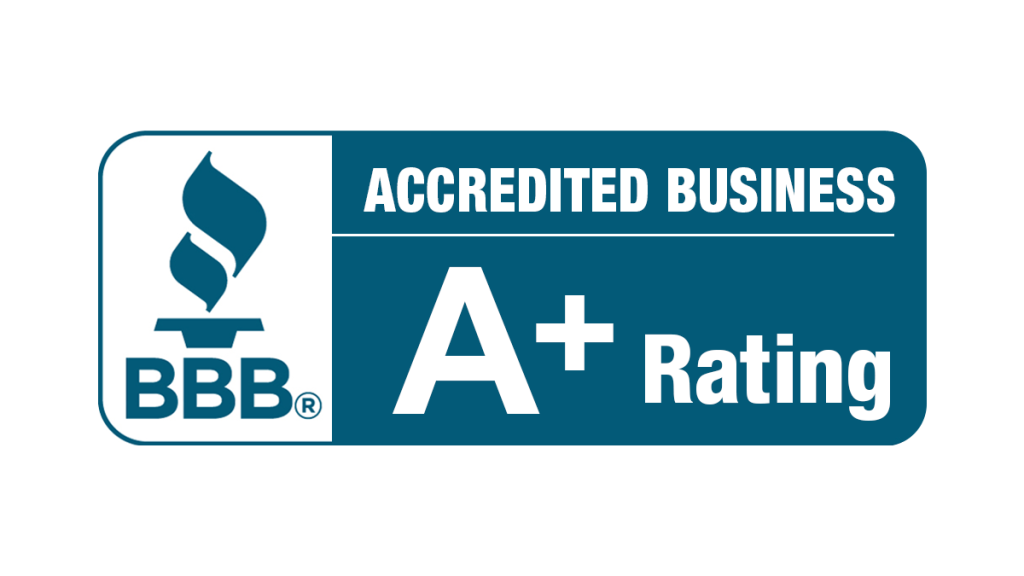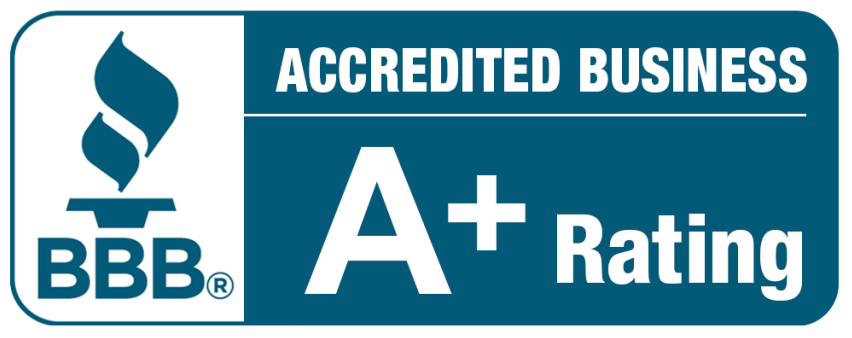At some point, you may need an HVAC replacement or heating system upgrade in order to enjoy greater energy efficiency and reduce your energy bills. However, it also comes with responsibilities. That’s why homeowners in Arizona should make sure they understand the warranty that covers their HVAC system so that they can make smart choices and enjoy peace of mind in the long run.
With HVAC replacement warranties, you can get quality repairs and reduce your HVAC installation costs when you need a new HVAC unit. So, join us in this article as we show you what you should know about HVAC replacement warranties in Arizona.
Let’s get started!
Key Highlights
- If your HVAC warranty is active, then your manufacturer can help you to fix or replace your HVAC unit when it gets faulty, as long as you don’t violate the terms and conditions of the warranty.
- You should ensure you register your warranty so that you can enjoy its full benefits when you need HVAC replacement or repairs.
The Basics of HVAC Replacement Warranties
Before we begin, let’s explain what an HVAC warranty is. Well, it’s a promise from your HVAC manufacturer to help you with certain problems with your new HVAC system within a specific time frame.
Now here’s something you should know: this warranty will explain what you and your manufacturer need to do if you require HVAC repairs or replacements. So, it’s important to read and understand your warranty details to get the most benefits from it and make sure you receive expert help if something goes wrong with your home’s heating and air conditioning system. They can cover your labor costs and, in some cases, your compressor coverage, too.
Types of HVAC Warranties in Arizona
If you live in Arizona, then you’re in luck. We’ve made a list of some HVAC warranties available and the different aspects they cover during your HVAC replacement or repairs.
- Manufacturer’s warranties: These are the type of warranty you receive from your HVAC equipment makers. They usually cover defects in materials used for your heating and cooling system and its workmanship for a set amount of time. However, the time can change based on the brand and model of your system.
- Extended warranties: With these types of warranties, you can get more coverage time beyond your standard manufacturer’s warranty. Here’s where it gets interesting: you can get them from your manufacturer or another provider. However, you may need to pay an extra cost.
- Labor warranties: These differ from your parts replacement warranties. A labor warranty will cover the costs of your HVAC repairs. This can be very helpful because the labor costs for HVAC repairs can be quite high.
Preparing for HVAC Replacement

You need to make the necessary preparations on time to get ready for your new HVAC system replacement. With the right preparation steps, you will not only have a smooth installation process, but you can also save some money and even address potential problems on time. Here’s what you can do:
Find out the essential equipment and resources you need
If you want a successful HVAC replacement that will not only improve the optimal performance of your system, but will also enhance your home’s new heating, air quality, ventilation, humidity, and cooling needs, then you need to have the right equipment and resources.
For instance, if you want to choose an HVAC unit, ensure that it aligns with the right size of your home’s needs. You should check the linear feet, square feet, and insulation, and make sure it provides you with comfortable indoor temperatures. If you don’t know your way around all this, it’s important to hire a professional installation expert so that your new system can help you get rid of those allergens or pollutants in your home and provide you with comfortable temperatures for a long time.
Evaluate your current HVAC system

It’s important to evaluate the energy efficiency of your old HVAC system before installing a new one. If it doesn’t meet the Energy Star standards or has a low SEER rating, then you should upgrade to a more energy-efficient model, which will also reduce your energy costs over time. Don’t forget to check your ductwork and insulation too, as you may need to replace it if it’s old.
Also, if your heat pump, electric furnace, boiler, or air conditioner doesn’t work well or you notice that some rooms have inconsistent temperatures, then you may need to look for a type of system that can efficiently address these issues and meet your current setup.
Step-by-Step Guide to Getting the Best Warranty
Do you want to get a good warranty for your new mini split or any other type of HVAC system? Then here’s a step-by-step process to help you find an HVAC replacement warranty coverage that will give you the best protection and comfort.
Step 1: Research and compare warranty options
Here’s something you should know: Instead of settling for the first warranty you come across, ensure you compare with various HVAC manufacturers and third-party providers to find the best fit for your needs and budget.
Take your time to review the terms and conditions of each warranty, while paying close attention to their limits, exclusions, and specific rules required to maintain your coverage. You should also inquire about any available rebates or incentives, as utility companies and government programs can provide these for homeowners who choose energy-efficient HVAC systems with specific warranty coverage.
Step 2: Understand the installation process
Do you know that a successful HVAC installation process is more than just replacing parts? In fact, it encompasses critical elements like smart thermostats, ducts, and refrigerant lines that will enhance your system’s efficiency and longevity. So, make sure you look for HVAC companies with expert installers who will follow the industry’s best practices to give you quality services for your HVAC replacement.
Step 3: Register your warranty
If you want to enjoy the full benefits of your HVAC replacement warranties, then don’t forget to register your warranty. Here’s something you should know: most manufacturers require you to register your warranty shortly after installation. You may be asked to submit some forms that include your installation date and your contact details.
Ensure that you keep your address and phone number updated with the manufacturer or warranty provider. This will help you activate your coverage and enable your manufacturer to contact you for safety updates and other important information about your HVAC system.
Navigating Warranty Claims
Here’s the truth: Even with your best DIY efforts to take care of your HVAC system, there may come a time when you need to file a warranty claim. That’s why you need to know the right steps and have the right documents to make this process easy.
- File claims on time: Check your warranty terms to find out how long you have to file a claim. In most cases, you should tell your warranty provider or manufacturer right away when you notice a problem.
- Share detailed information: When you file a claim, make sure to provide clear and accurate details about the issue. This should include when it happened, what the problem is, and any error codes that your HVAC system shows.
- Provide supporting documents: Make sure to include copies of all important documents, like your warranty certificate and maintenance records, along with any pictures or videos.
Here in Arizona, Morehart AC is the right HVAC installer near you. We understand HVAC replacement warranties and if your warranty is active, we can help you with your HVAC maintenance and installations. We’re not only certified, but we have expert HVAC contractors who can provide you with quality HVAC repairs when your AC unit, electric furnaces, or boilers are faulty or when you notice leaks in your refrigerant lines. And guess what? Our services are fast and budget-friendly. Book an appointment today and let’s help you enjoy the fresh new air from your HVAC system for a long time.




